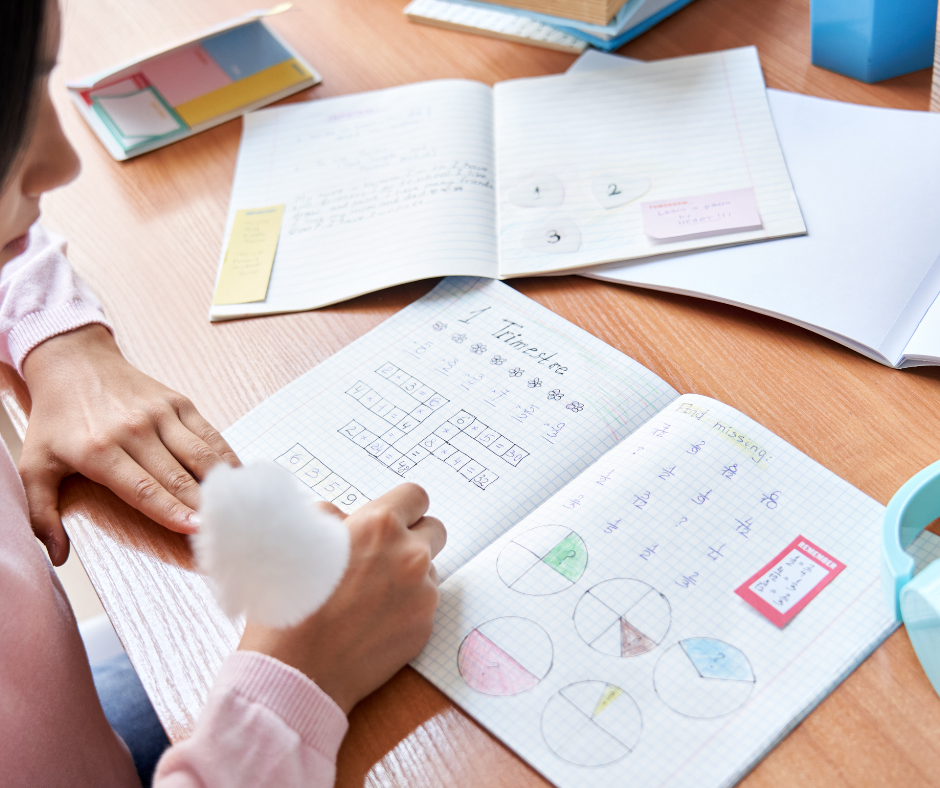The Power of Play: Why It Matters
Have you ever considered the power of play? It’s far more than just fun and games. Play is a fundamental concept that we often overlook, yet it holds monumental importance in our lives.
This post will delve into what play truly means and why it’s crucial. We often associate play with children and their early development, but the impact persists and continues to bring benefits throughout adulthood.
Stick around as we explore the power of play and its importance. Let’s rediscover our playful side together!

Before we dive deeper, let’s take a moment to reflect on our own experiences. Consider those hours spent in imaginative worlds as children, creating epic adventures and stories from just blocks and dolls.
Or remember that time when a simple board game turned into an evening filled with laughter on a family holiday? That’s the magic we’re talking about – the power of play.
It encompasses so much more than just games; it creates social bonds, fuels creativity and allows us to learn and grow in a safe, enjoyable environment.
Whether you’re a parent, an educator, or an individual aiming to inject more fun into your routine, this exploration of play is for you.
The Power of Play
In this section, we will delve deeper into the concept of play, exploring its different facets and how it influences our development and well-being.
Play is not just an activity, but a state of mind that encourages creativity, fosters learning, and promotes overall happiness.
Get ready to embark on a journey that will remind you of the joys of play and reveal how it can seriously contribute to your life in a fun way.
Let’s unleash the power of play!

Play and Mental Well-being
The relationship between play and mental well-being is an intricate one. Engaging in playful activities serves as a potent stress reliever. In a world riddled with anxieties and pressures, play can act as a sanctuary, offering a much-needed respite. It facilitates emotional regulation by providing an outlet for expressing and managing our feelings in a healthy, constructive manner.
Play does not just aid in emotional management, it also fosters creativity and imagination. By engaging in play, we step into a realm of limitless possibilities, where the ordinary transforms into the extraordinary.
This imaginative exercise stimulates cognitive flexibility, nurturing our ability to think outside the box, and encouraging innovative problem-solving. The freedom and joy of play can reignite our creative spark, helping us approach our lives with a refreshed and resilient mindset.
In essence, play provides a foundation for mental resilience, creativity, and emotional well-being, making it a vital component in maintaining overall mental health.

Play and Physical Health
Play is an integral component of maintaining physical health and fostering developmental skills in both children and adults. Particularly in childhood, play serves as a vital tool for physical development, enhancing motor skills and promoting coordination.
As children engage in various forms of play, they develop a range of motor abilities. From the gross motor skills involved in running, jumping, and climbing to the fine motor skills honed through drawing or building blocks, play is a natural and enjoyable way to nurture these essential skills.
Moreover, play can play a pivotal role in combating the rising issue of childhood obesity. The energy expended during active play contributes to a healthy weight by burning calories and building lean muscle. It also instills a love for physical activity in children, establishing healthy lifestyle habits that can carry into adulthood.
Lastly, play is an effective way to develop coordination skills. Whether coordinating movements in a team sport or balancing on a playground beam, play offers numerous opportunities to enhance this crucial ability. The joy of play can inspire us to move, explore, and grow physically, proving that keeping fit can indeed be fun!

The Importance of Play in Education
Play-based learning is a powerful tool, significantly enhancing academic achievement while making the learning experience enjoyable. By incorporating play into education, complex concepts become more accessible and memorable to students.
This approach encourages active participation, deepening understanding, and fostering a love for learning. For instance, a mathematics concept taught through a game is not only easier to grasp but also more likely to be retained in the long haul.
Moreover, play-based learning goes beyond just academics, playing a pivotal role in developing social skills and fostering teamwork. Through play, children can explore different roles and perspectives, enhancing their empathy and understanding.
They learn to communicate, negotiate, and cooperate. In a game where children play in a team, they learn the importance of collaboration, experiencing first-hand how working together can achieve more than working alone.
This early immersion in teamwork prepares them for future situations in life and work where collaboration is key. Thus, integrating play into education delivers a holistic approach to development, nurturing not just academic skills, but also essential social and emotional competencies.

In conclusion, play is not merely a form of entertainment or a way to pass the time. It’s an integral part of our lives, playing a significant role in our mental, emotional, physical, and cognitive development.
From fostering creativity and imagination to enhancing motor skills and promoting physical health, the benefits of play are immense and far-reaching. Furthermore, the incorporation of play into education provides a more holistic and engaging learning experience, solidifying academic concepts and honing social skills.
So, let’s encourage more play, in classrooms, workplaces, and our everyday lives. After all, the science is clear: we are never too old to play, and the benefits of doing so are too significant to ignore.
Let’s embrace play, and reap the rewards it has to offer!





